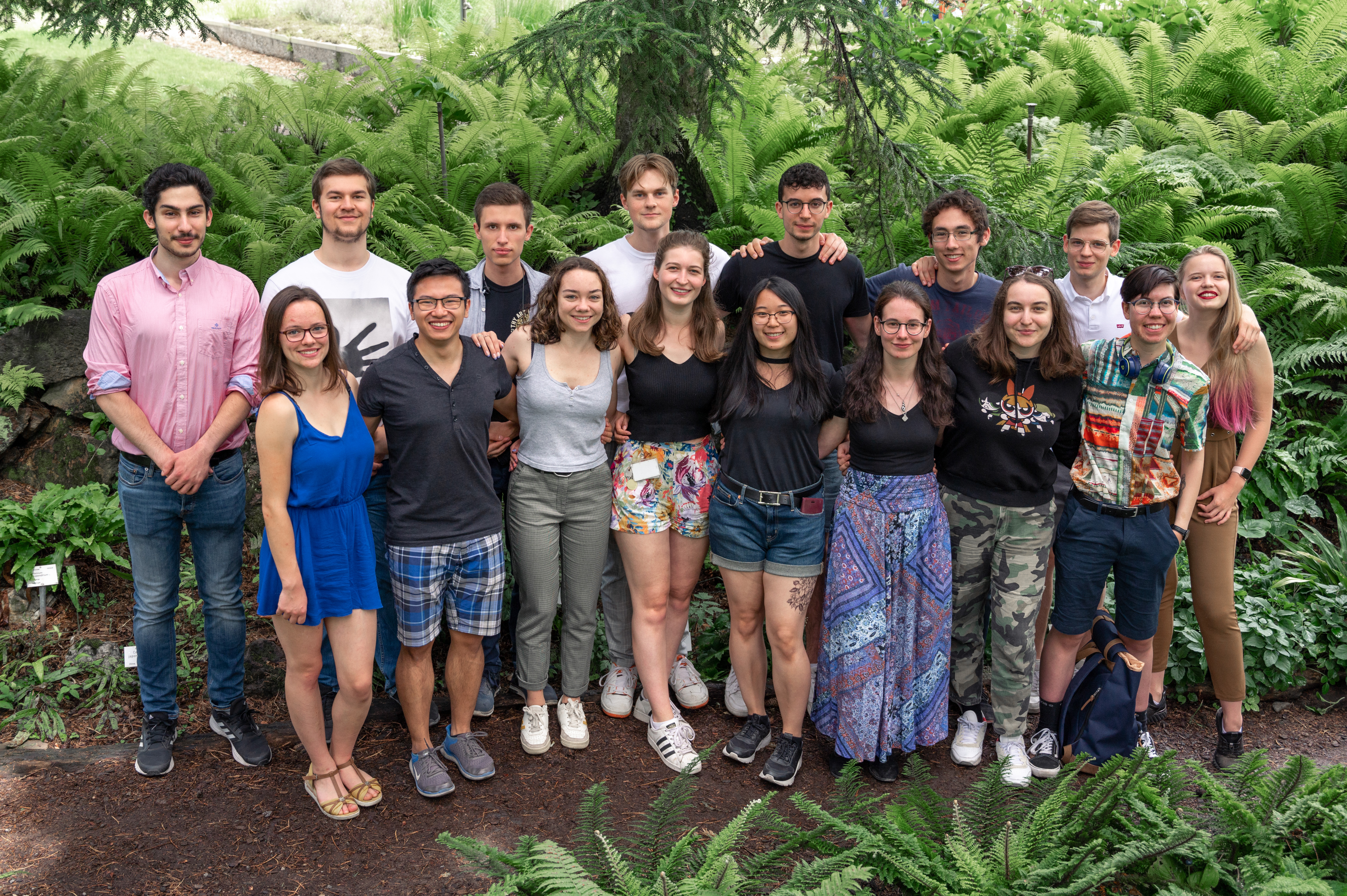Gold again for Heidelberg in iGEM competition
iGEM Team Heidelberg 2022 | February 01, 2023
The iGEM Team Heidelberg 2022 succeeded in winning another gold medal at the Grand Jamboree in Paris with their project "Hersiran: siRNA-Tech for Neuroinfections". iGEM is the world's largest competition for synthetic biology. Visit the iGEM team's website.
iGEM is the world's largest synthetic biology competition. Students from all over the world try to solve real-world problems in society and push the boundaries of our understanding of synthetic biology, with various projects ranging from environmental protection to disease therapies. This year's Heidelberg 2022 team succeeded in winning another gold medal at the Grand Jamboree in Paris with their project "Hersiran: siRNA-Tech for Neuroinfections."
Worldwide, almost everyone becomes infected with herpes simplex during their lifetime. In some cases, the virus can enter the central nervous system (CNS) directly via the olfactory nerve, causing encephalitis. There is increasing immunity to aciclovir, a nucleoside analog for the treatment of HSV infections, especially in immunocompromised patients, and furthermore aciclovir has a high renal toxicity (i.v.), which is why there is a need for a new and effective alternative therapy. Therefore, the aim of the Heidelberg 2022 iGEM team was to develop a highly efficient therapeutic agent in which siRNA against different HSV sequences are packaged in liposomes. These were to be transported to the CNS, bypassing the blood-brain barrier, by intranasal application in the form of nasal drops or sprays to combat infection with HSV. Packaging siRNA in liposomes was expected to provide both high stability of siRNA and improved biocompatibility.
As a proof of concept, eGFP was used as a reporter gene in HeLa cells to demonstrate the success of siRNA release, knockdown efficiency, and off-target effects on the transcriptome using eGFP-siRNA liposomes. These could be assessed by bulk RNA sequencing (bulk RNA-seq). We then tested our formulation in HeLa cells transfected with HSV proteins and evaluated knockdown efficiency by qPCR, Western blot, and RNA-seq.
In Drylab, we compared bulk RNA-seq data from our laboratory with appropriate online datasets. Using a neural network trained with these data, we determined the efficiency of our therapy. Furthermore, we facilitated the determination of the optimal liposome composition with an MD simulation of the loaded liposomes and evaluated their stability.
A complete overview of the work performed can be found at: https://2022.igem.wiki/heidelberg/. The IGEM Team Heidelberg 2022 would like to thank the management of the IPMB, the BioQuant and the project leaders Prof. Dr. Stefan Wölfl and Prof. Dr. Gert Fricker for providing the laboratory facilities, which made this work possible and for the good cooperation.
